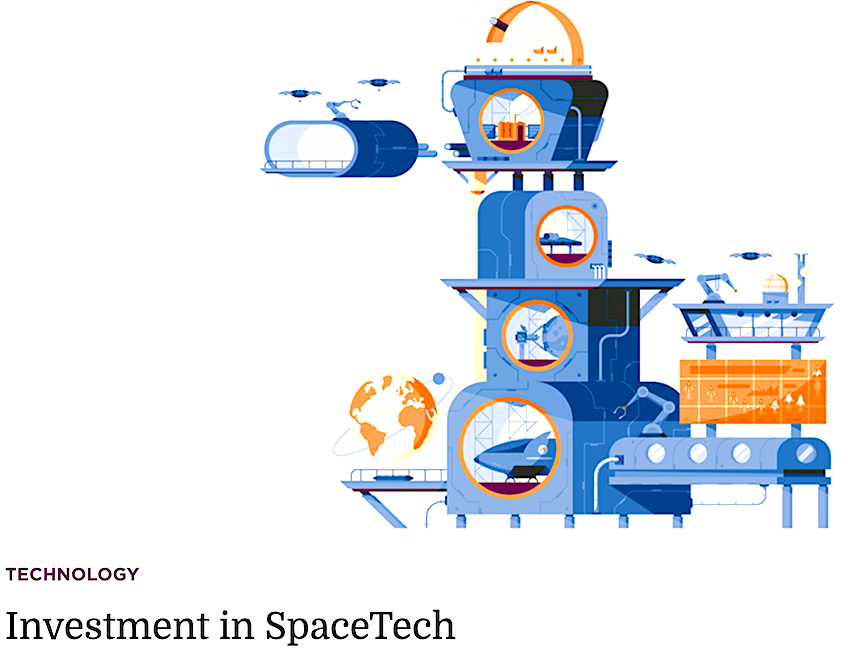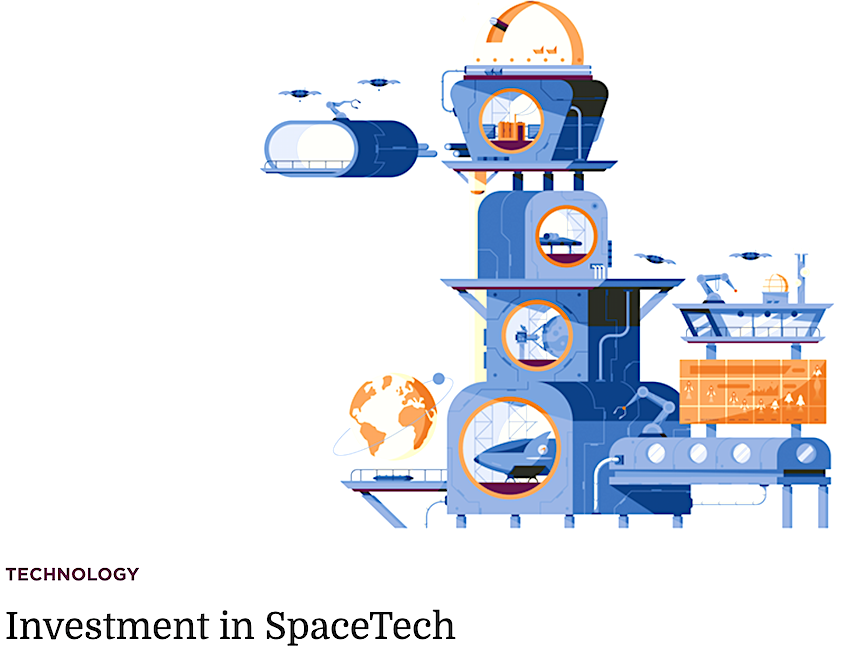
Savilis Reveals SpaceTech’s Rapid Growth Likely Will Create New Global Real Estate Requirements (Image Credit: Sat News)

Savills has seen global venture capital (VC) investment growth of 67% per annum for the past three years, and is therefore likely to drive a spate of new requirements for real estate globally.
Because of the dramatic rise in investment in the take-up of real estate by the life science sector over the past few years, Savills identified the space sector — specifically ‘SpaceTech’ (spaceflight, satellites and exploration technology) and is therefore likely to drive a spate of new requirements for real estate globally. Savills has seen global venture capital (VC) investment growth of 67% per annum for the past three years, and is therefore likely to drive a spate of new requirements for real estate globally.

As part of its 2022 global Impacts research program the international real estate advisor says that between 2016 and 2021, approximately US $21 billion of VC was raised by companies that identify as being in the SpaceTech sector. In context, the pharmaceutical and biotechnology sector has seen US $227 billion of VC raised in the past five years, compared to the SpaceTech sector’s rapid growth.
Companies headquartered in the US, China, Japan and the UK have been at the forefront of the space sector but Savills says that SpaceTech is also seeing alternative locations emerge.
“Satellites and the delivery of commercial services for observing Earth and providing locational services are crucial to some of the technologies that we already rely on,” explains Steven Lang, director in Savills commercial research team. “Drone delivery, logistics, ride hailing and precision agriculture all depend, or will depend, on hyper-accuracy. The companies we’re seeing secure investment today are at the forefront of the sector and are looking to rapidly expand.
“It’s very exciting for the global real estate market. Launch sites are very specialized, and possibly something more for an infrastructure fund in partnership with public investment, but there are many R&D, academic-linked and corporate locations that will emerge as the ecosystem grows, akin to the life science sector.”
Tom Mellows, head of UK Science at Savills, adds, “The space industry stories that grab the headlines are usually those involving billionaires, but there are many sub-sectors that employ thousands of people and have specific and significant real estate needs. In recent years, there has also been a spate of white papers outlining countries’ aspirations for this sector. This national government ambition will also drive the space ecosystem and rapidly increase the demand for real estate, from HQ offices to R&D/production and high-value manufacturing facilities.”





